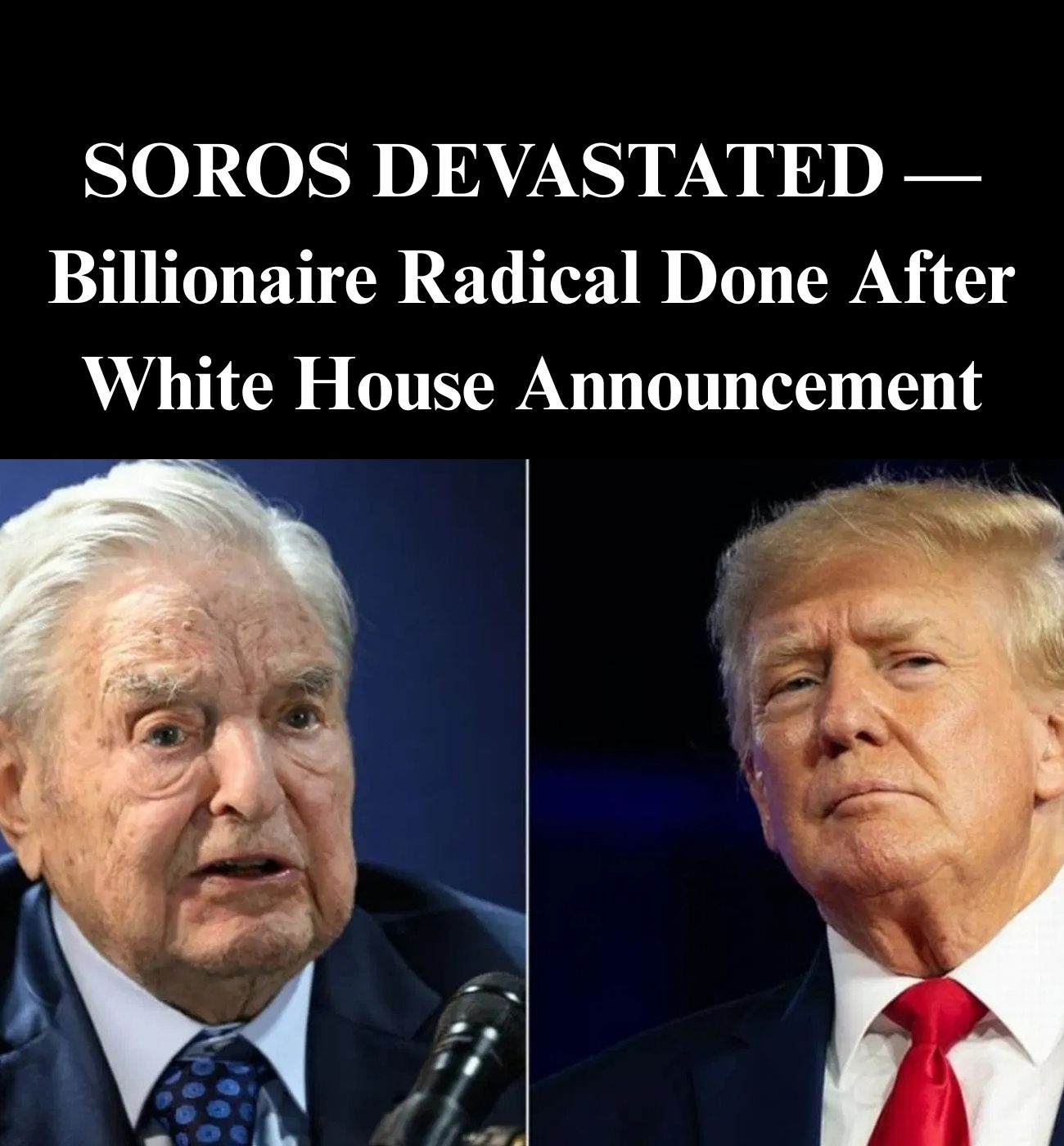A new investigative report alleges that George Soros’s Open Society Foundations (OSF), now run with his son Alexander, have directed over $80 million since 2016 to groups linked to extremist violence, domestic terrorism, or foreign terrorist organizations.
According to the report from the Capital Research Center (CRC), at least $23 million went to seven U.S.-based groups that engaged in activities the FBI defines as domestic terrorism, such as property destruction, sabotage, and economic disruption.
These included the Center for Third World Organizing and its militant partner the Ruckus Society, which trained activists in destructive tactics during the 2020 riots, and the Sunrise Movement, which endorsed the Antifa-linked “Stop Cop City” campaign where more than 40 activists face terrorism charges and over 60 face racketeering indictments.
Open Society also awarded $18 million to the Movement for Black Lives, which co-authored a radical guide glorifying Hamas’s October 7, 2023 massacre and providing instructions for activists on using false IDs, staging blockades, and disrupting commerce.
Internationally, Soros’s foundation has funneled more than $2.3 million into Al-Haq, a West Bank NGO accused for decades of ties to the Popular Front for the Liberation of Palestine (PFLP), a U.S.- and EU-designated terrorist group.
In September 2025, the U.S. State Department officially sanctioned Al-Haq for advancing campaigns that “directly engaged in the ICC’s illegitimate targeting of Israel.” That designation means OSF financed an entity now formally blacklisted by Washington.
In total, the report documents OSF grants to at least 54 organizations that either: Directly assisted domestic terrorism in the U.S.; Endorsed or are linked to foreign terrorist organizations, or Provided material support to groups aligned with pro-terror causes.
“This investigation documents how Open Society’s philanthropy blurs into complicity—fueling groups that celebrate violent uprisings, train militants, and endorse terrorist movements,” the report states. “The findings raise urgent questions for Congress, federal investigators, and the IRS about whether Soros’s flagship foundation, and its grantees, can continue to operate with tax-exempt status while bankrolling criminality at home and sanctioned entities abroad.”
CRC noted that U.S. law prohibits nonprofits from maintaining tax-exempt status if they fund or facilitate illegal activity. The IRS has explicitly said that groups encouraging unlawful blockades or seizures of property fall outside the scope of permissible charitable work.
The report argues OSF’s giving represents “a systemic pattern of empowering groups that glorify violence and destabilize societies.” It concludes the evidence could support action under federal racketeering statutes, revocation of tax exemptions, and further scrutiny by Congress or the Justice Department.
President Trump has already pledged to pursue racketeering charges against Soros and his network. “We’re going to look into Soros because I think it’s a RICO case against him and other people,” Trump said in a recent Fox News interview.
The Open Society Foundations has rejected such allegations in the past, saying it “does not support or fund violent protests” and calling threats of prosecution “outrageous.”
The CRC report has added momentum to calls for oversight. Republican lawmakers have signaled interest in holding hearings on OSF’s U.S. tax status and foreign entanglements. Some have floated revoking its nonprofit status, which would cut off significant tax advantages.
The stakes could be high: CRC notes that if the federal government determines OSF’s giving knowingly aided terrorism or domestic crime, penalties could include loss of tax exemption, civil liability, or even criminal prosecution under RICO or material support statutes.
“The evidence is stark,” the CRC report concludes. “Open Society has financed groups that glorify violence, destabilize societies, and partner with organizations that are openly hostile to the United States and its allies.”
For now, OSF remains one of the largest private philanthropic entities in the world, with assets estimated at over $25 billion. Whether its grantmaking practices will draw legal consequences may depend on whether the Justice Department and Congress act on the latest findings.
